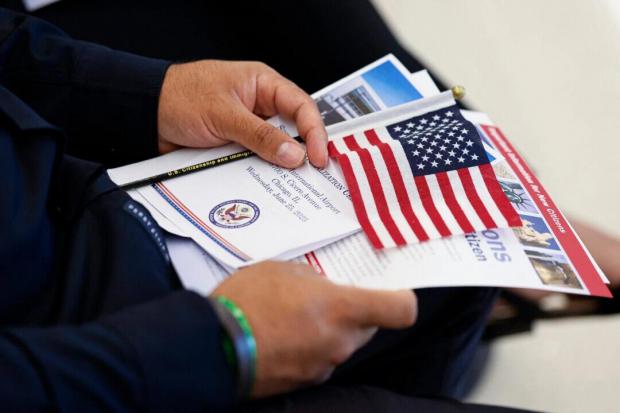
Breaking News
 Charlie Kirk was scheduled to speak at CSU in Fort Collins tonight, and 10,000 people turned out...
Charlie Kirk was scheduled to speak at CSU in Fort Collins tonight, and 10,000 people turned out...
 Watch This Fish "Drive" To His Mom To Get Treats | The Dodo
Watch This Fish "Drive" To His Mom To Get Treats | The Dodo
 Tennessee Becomes the First State to Require Gun Safety Courses in Schools
Tennessee Becomes the First State to Require Gun Safety Courses in Schools
 In a quiet lab in Vienna, a group of physicists ran an experiment in 2012 that should have been...
In a quiet lab in Vienna, a group of physicists ran an experiment in 2012 that should have been...
Top Tech News
 This "Printed" House Is Stronger Than You Think
This "Printed" House Is Stronger Than You Think
 Top Developers Increasingly Warn That AI Coding Produces Flaws And Risks
Top Developers Increasingly Warn That AI Coding Produces Flaws And Risks
 We finally integrated the tiny brains with computers and AI
We finally integrated the tiny brains with computers and AI
 Stylish Prefab Home Can Be 'Dropped' into Flooded Areas or Anywhere Housing is Needed
Stylish Prefab Home Can Be 'Dropped' into Flooded Areas or Anywhere Housing is Needed
 Energy Secretary Expects Fusion to Power the World in 8-15 Years
Energy Secretary Expects Fusion to Power the World in 8-15 Years
 ORNL tackles control challenges of nuclear rocket engines
ORNL tackles control challenges of nuclear rocket engines
 Tesla Megapack Keynote LIVE - TESLA is Making Transformers !!
Tesla Megapack Keynote LIVE - TESLA is Making Transformers !!
 Methylene chloride (CH2Cl?) and acetone (C?H?O) create a powerful paint remover...
Methylene chloride (CH2Cl?) and acetone (C?H?O) create a powerful paint remover...
 Engineer Builds His Own X-Ray After Hospital Charges Him $69K
Engineer Builds His Own X-Ray After Hospital Charges Him $69K
 Researchers create 2D nanomaterials with up to nine metals for extreme conditions
Researchers create 2D nanomaterials with up to nine metals for extreme conditions
Trump Admin Restores Tougher Citizenship Test Scrapped By Biden

The changes, announced on Sept. 17, largely restore the Naturalization Civics Test to a longer, tougher format implemented in late 2020, near the end of President Donald Trump's first term. That version was discarded in 2021, shortly after President Joe Biden took office.
Under the revised test, applicants will need to answer 12 out of 20 questions correctly, rather than six out of 10, according to a notice from U.S. Citizenship and Immigration Services (USCIS).
The pool of potential questions has also been expanded from 100 to 128, with fewer that have simple, sometimes one-word answers. Officials say that about 75 percent of the questions remain the same or similar, and the other 25 percent covers new material.
The new questions include ones on the 10th Amendment, the significance of the Federalist Papers, the achievements of President Dwight D. Eisenhower, the nature of Veterans Day and Memorial Day, the meaning of the national motto "E pluribus unum," and examples of American innovation, such as the light bulb and the moon landing.
Some existing questions have altered acceptable answers. For instance, the current model answer to "Who does a U.S. Senator represent?" is "all people of the state." On the revised test, the correct answer is limited to "citizens" of the state.
As before, the test will be given orally during an applicant's citizenship interview. A key difference, however, is that immigration officers will be required to ask only as many questions as needed to determine whether an applicant has passed or failed.
The current rule requires them to ask all 20 questions, even if the outcome might already be clear.
The new test will apply to applicants who file on or after Oct. 20.
"American citizenship is the most sacred citizenship in the world and should only be reserved for aliens who will fully embrace our values and principles as a nation," USCIS spokesman Matthew Tragesser said in the Sept. 17 statement announcing the changes.
He added that the revisions are necessary so that "the American people can be assured that those joining us as fellow citizens are fully assimilated and will contribute to America's greatness."
"These critical changes are the first of many," Tragesser said.



